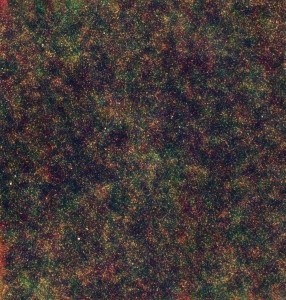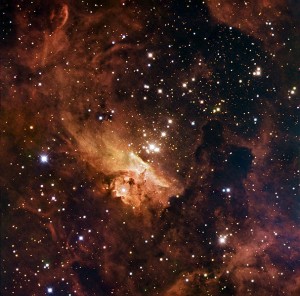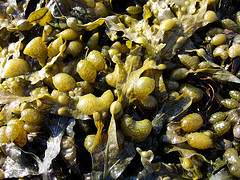 In 2007, the Sloan Digital Sky Survey had just filled a public database with a gazillion galaxies and Kevin Schawinski, a graduate student, needed a sample of the ones called, for their shape, ellipticals. Identifying shape isn’t something computers are much good at, so Kevin looked for his ellipticals, culling out the spirals and irregulars, by eye. He looked through 50,000 galaxies and decided he had to try something else.
In 2007, the Sloan Digital Sky Survey had just filled a public database with a gazillion galaxies and Kevin Schawinski, a graduate student, needed a sample of the ones called, for their shape, ellipticals. Identifying shape isn’t something computers are much good at, so Kevin looked for his ellipticals, culling out the spirals and irregulars, by eye. He looked through 50,000 galaxies and decided he had to try something else.
He and his friends set up a website, called Galaxy Zoo, on which the general public would click on a galaxy, then click Spiral or Elliptical. The first day Galaxy Zoo opened to the public, the number of clicks crashed its server, truly, melted the wires. Kevin got his ellipticals, and since then Galaxy Zoo blossomed like fireworks. In three years, 250,000 zooites in over 100 countries have classified 60 million objects. The zooites have found new kinds of galaxies and are seriously learning astronomy. They do it because they want to contribute, because they want to look at galaxies never seen before; they do it for free and for love. Continue reading



